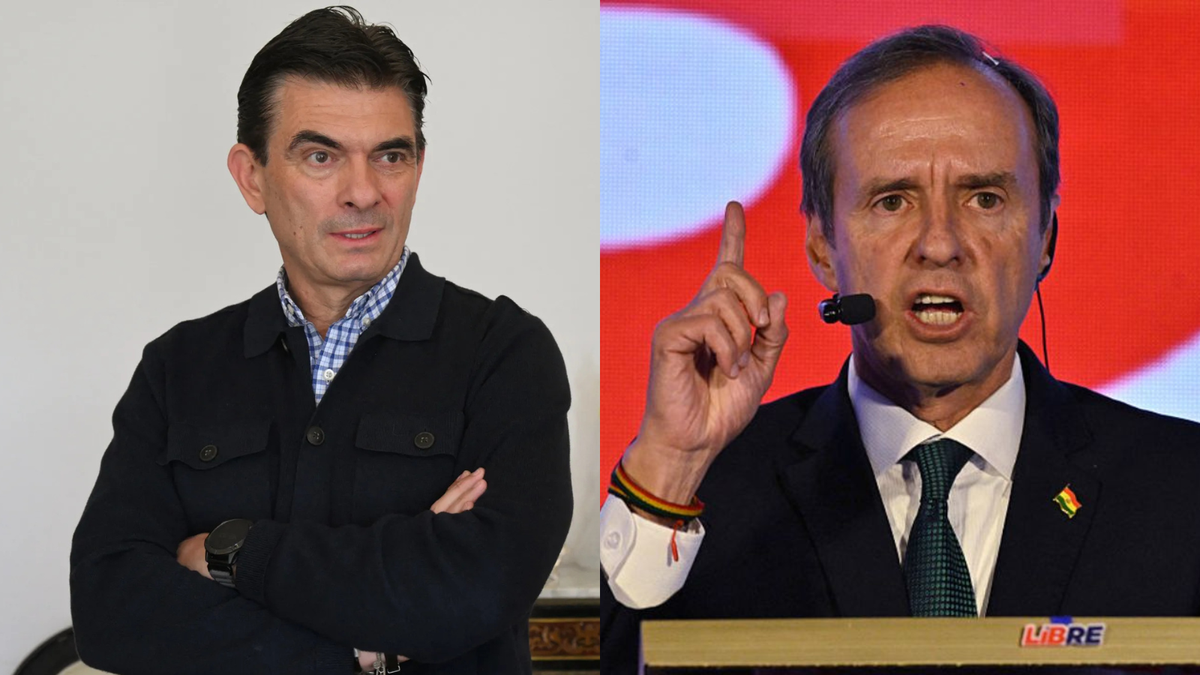In other words, with the crisis unleashed by the pandemic, and the escalation of food and energy prices after the conflict between Russia and Ukraine (the 95 largest companies in the world in these areas have doubled their profits in 2022, generating an extraordinary income of 306,000 million dollars, of which they allocated 84% to remunerate their shareholders) It has been shown that, in the context of major humanitarian disasters, not everyone loses. We could say that even some prefer them to continue increasing their wealth.
Is this scenario of inequality new? Not at all. Furthermore, in terms of macroeconomic tax-based policies in pursuit of a redistributive process, everything (or almost everything) is already written: not only emergency tax measures must be applied, but also sustainable ones, such as the application wealth taxes, raising the tax on capital income and financial gains, and increasing tax on the income of the richest 1%. As an overcoming complement, a large transnational tax agreement should be promoted with the aim of expanding cooperation and coordination of tax policies with measures to deal with evasion and tax havens, as well as promoting the review of inefficient tax benefits. An agreement that should serve as the basis for building a more inclusive, sustainable and equitable global tax system. And point.
Now, if what has been described has been known for decades and nothing of what is proposed is carried out, it is because there are other priorities; either by action or omission. In this sense, there are those who maintain that governments should prioritize the reprofiling of debts and the fulfillment of obligations with large international creditors instead of promoting relevant and progressive tax reforms; Others affirm that applying higher taxes to the super-rich and large companies will lead to a retraction in production, being a serious mistake that will harm the majority. All in pursuit of greater credibility, confidence in those who claim to have the magic investment solutions and their positive derivations in employment, collection, and the revitalization of consumption.
As a counterpart, others think that it is simply a question of power and interests, of prevalence of those who want nothing to change. Moreover, from what is observed, it seems that the policies that are carried out go in the opposite direction to what it would be to achieve a more equitable world. In this aspect, a recent study by the NGO Research School of International Taxation, in which they have been analyzed 142 countriesit is revealed that, for every percentage point of tax cuts for large corporations, governments have increased highly regressive consumption taxes by 0.3%. A) Yes, of every 100 dollars of taxes collected globally, 44% corresponds to VAT and other taxes on consumption; 19%, to personal income; and 18%, to salaries. Only 14% comes from corporate taxation and 4% from wealth taxes (yes, only 4%). The remaining 1% corresponds to other taxes.
And who has this capacity, this virtuosity to accumulate capital and avoid being taxed by the ‘infamous predatory governments’? In the Austrian publication Contrast, the academic Schwartz develops it bluntly: “When you talk about very wealthy families, they are concerned about three things: They want to increase their money through investments. They want to minimize their taxes. And they want to pass their money on – tax-free if possible – to the next generation. Then they educate their children to let them do the same.”
Of course, not only do they have huge amounts of money, but they have a power that is distributed in a dynastic way: it is that the money of the richest not only buys them a life of luxury but, above all, influence in business, media of communication, political parties and, above all, economic justice. Preferably those that help them ensure that there will be no higher corporate taxes, estate taxes or inheritance taxes in the future. Clear as water.
There may be isolated cases, such as the initiative of Marlene Engelhorn, a young Austrian millionaire heiress to the chemical company BASF, who co-founded Taxmenow in February 2021, an association of wealthy people that demands that governments keep a much larger part of their inherited wealth, arguing that these unearned fortunes should be allocated democratically by the state. Liberals will applaud the selfless selflessness of individual initiative; however, it is not enough for the 1, 5 or 10% of the richest people or companies in the world to make themselves available to progressive taxation. Not to change the socio-economic matrix of impoverished humanity.
Can we let this process of growing inequality continue to occur? Can. But it can also happen, in times of fatigue and social networks that reach everyone, that at some point the boiling pot explodes, and the hot water spreads like volcano lava and impacts everyone, absolutely everyone, around it. A lethal combination that can give rise to movements of profound social discontent, extremely dangerous for those who wish to maintain the status quo no matter what.
Is it necessary to have to reach the limit to act? Should altruism be expected from the Elites as a whole? Although the morality of the rich I leave to the students of philosophy, some fearful of the course of history have already begun to take note. Not for nothing, the latest issue of the German weekly magazine Der Spiegel, the largest in Europe with a circulation of one million copies, published on its cover the photo of Karl Marx with the caption “Marx was right: under capitalism there is no viable destiny for humanity.” In short, fear is usually more effective than reason and the heart.
Economist and Doctor in International Relations. Twitter: @KornblumPablo
Source: Ambito
David William is a talented author who has made a name for himself in the world of writing. He is a professional author who writes on a wide range of topics, from general interest to opinion news. David is currently working as a writer at 24 hours worlds where he brings his unique perspective and in-depth research to his articles, making them both informative and engaging.




